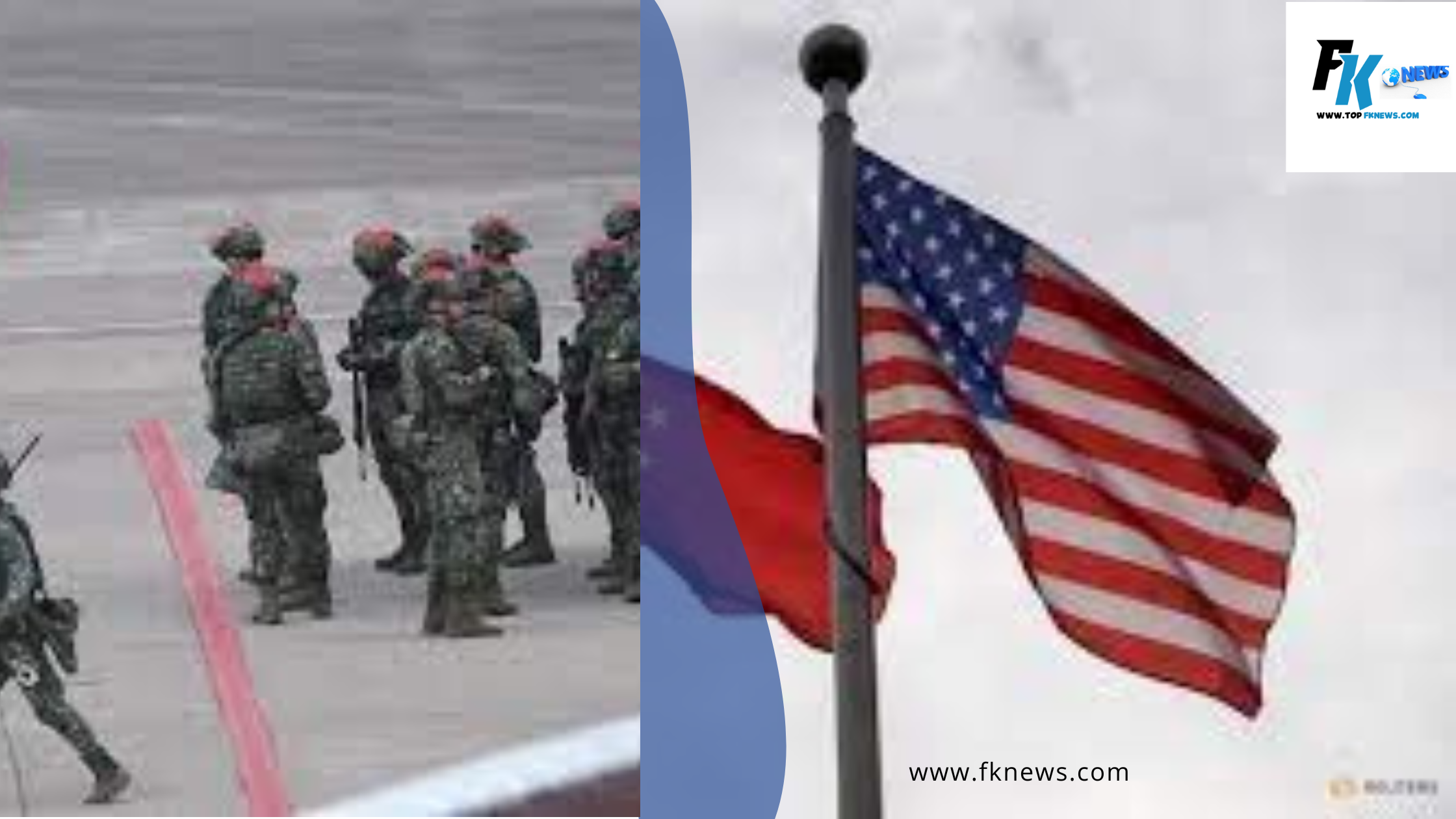China has stopped its nuclear arms control discussions with the United States, announcing this decision on Wednesday. The move is in response to Washington’s ongoing arms sales to Taiwan, which Beijing claims as its own territory.
China’s decision to suspend early-stage nuclear arms control discussions with the United States represents a significant setback for global arms control efforts. This move aligns Beijing with Moscow in refusing to engage with Washington on measures to curb a nuclear arms race, according to analysts.
Chinese Foreign Ministry spokesperson Lin Jian explained that the United States’ repeated arms sales to Taiwan in recent months have “seriously compromised the political atmosphere for continuing the arms-control consultations.” As a result, China has decided to halt discussions with the U.S. on a new round of arms control and non-proliferation consultations, placing full responsibility for this decision on the United States. Lin emphasized that while China is open to maintaining communication on international arms control, the U.S. must respect China’s core interests and create the necessary conditions for dialogue and exchange.
In response, U.S. State Department spokesperson Matthew Miller remarked that China is following Russia’s lead by asserting that arms-control engagement cannot proceed amid other bilateral challenges. Miller warned that this approach undermines strategic stability and increases the risk of an arms race. He expressed regret over China’s suspension of these consultations, stating that it hinders efforts to manage strategic risks and prevent costly arms races. Nevertheless, the United States remains open to developing and implementing concrete risk-reduction measures with China.
China’s decision comes shortly after the Biden administration indicated that the United States might need to deploy more strategic nuclear weapons to counter growing threats from Chinese and Russian arsenals. Daryl Kimball, executive director of the Arms Control Association advocacy group, noted that the U.S., Russia, and China are legally bound as signatories of the Nuclear Non-proliferation Treaty to engage in talks to prevent an arms race. He emphasized that serious dialogue is the only way to achieve this, and the refusal by Russia and the decision by China to halt discussions are serious setbacks.
Despite resuming nuclear-weapons discussions in November, formal arms-control negotiations between U.S. and Chinese officials were not anticipated soon, despite U.S. concerns about China’s rapid nuclear weapons build-up. The U.S. estimates that China has 500 operational nuclear warheads and will likely have more than 1,000 by 2030. In comparison, the U.S. has a stockpile of about 3,700 nuclear warheads, with approximately 1,419 strategic nuclear warheads deployed. Russia has about 1,550 nuclear weapons deployed and a stockpile of 4,489 nuclear warheads, according to the Federation of American Scientists.
China has decided to halt early-stage nuclear arms control discussions with the United States due to Washington’s repeated arms sales to Taiwan. According to Chinese Foreign Ministry spokesperson Lin Jian, these arms sales have “seriously compromised the political atmosphere for continuing the arms-control consultations.” As a result, China places full responsibility on the United States for this decision, emphasizing the need for the U.S. to respect China’s core interests and create necessary conditions for dialogue.
China’s suspension of nuclear arms control discussions with the United States marks a significant setback for global arms control efforts. This move aligns China with Russia in refusing to engage with Washington on measures to curb a nuclear arms race, which analysts warn could undermine strategic stability and increase the risk of an arms race. Despite the suspension, the United States remains open to developing and implementing concrete risk-reduction measures with China. This decision comes at a time when the Biden administration has indicated that the U.S. might need to deploy more strategic nuclear weapons to counter growing threats from Chinese and Russian arsenals.

